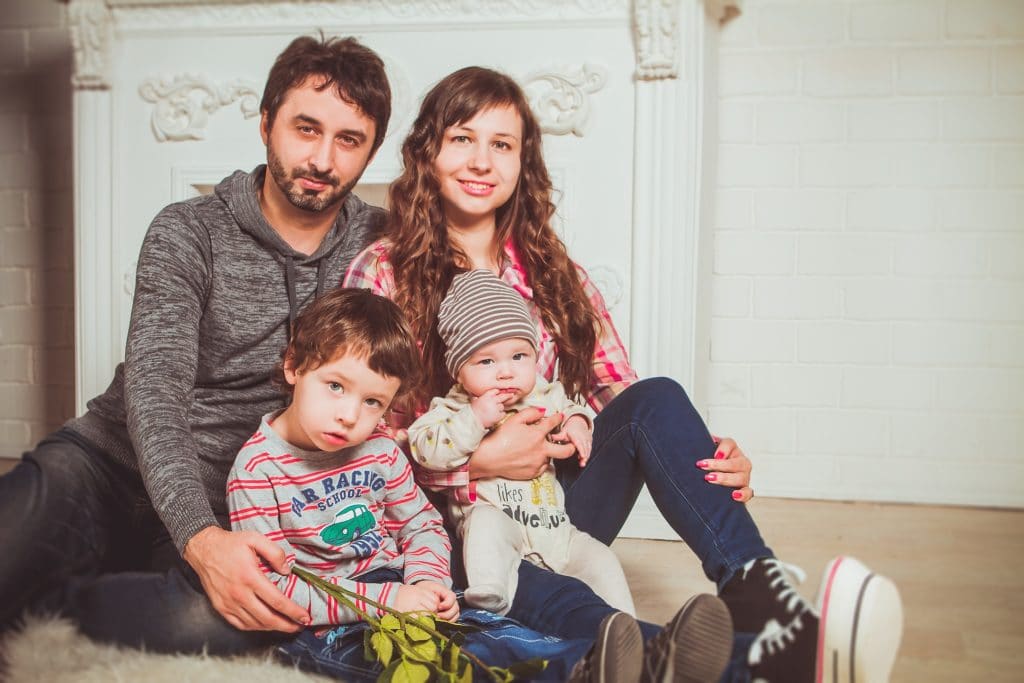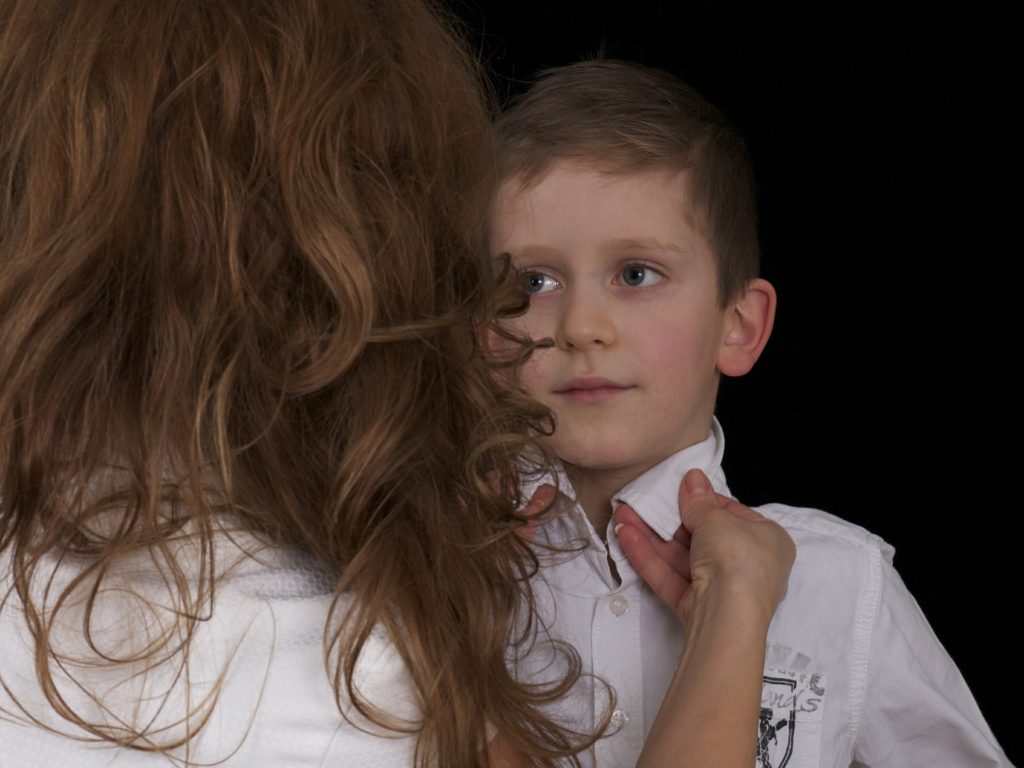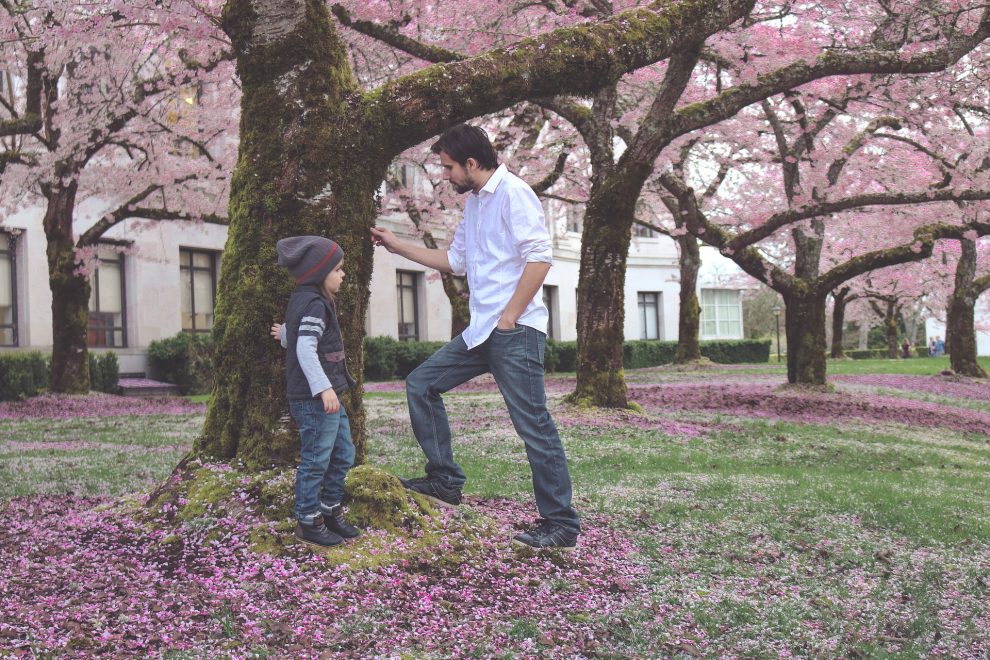Parents are supposed to build close relationships with their children as they’re the child’s first role model. Many parents struggle with the idea of whether or not they can be both a parent and a friend. It’s hard to set boundaries and consequences when you’re a child’s friend.
If you become too much of a friend and not enough of the parent, your children could be missing out on important life lessons and consequences that only a caregiver can give a child. This is why we feel there’s a fine line between being a parent and a friend.

A friend is defined as someone you have a close bond with. This can pertain to a family member or someone outside of the family unit. A parent is defined as someone who acts as a parent to a child, typically a mother or father.
Since a friend is typically more about being equals in a relationship, rather than one person having authority over the other, you could argue that a parent cannot be both a parent and a friend. A friend wouldn’t have any authority over the livelihood or consequences of the other person.
The other side of the coin is that a parent must be someone that the child trusts. This will lead the child into developing healthier levels of confidence and future relationship-building skills. A study in Sweden conducted with teens found that most teens felt the key to feeling as if their parent was also a friend had more to do with feeling rusted rather than having a heavy-handed parental unit.
After further evaluation it appears that a parent can be both a parent and friend, however, the lines are blurrier than your typical definition of friend vs parent. Parents who opt to form a close bond with their children, provide them space to make choices on their own but are there with reasonable rules and consequences enforced within the household, tend to have a good friendship like bond with their children.
Parents who neglect the compassion and empathetic side of parenthood and only thrive to set rules, enforce consequences, and/or yell frequently are less likely to provide their children with the necessary trust and confidence to start to live independently.

Here are a couple of key factors that separate the parent and friend connection from just a parenting relationship:
Explaining of Rules
Parents who want to be a friend and parental unit will often explain why the rules are in place to their children. This could be for social reasons or safety reasons. They’ll inform the child that the rule has been set, why, and what consequence will be enforced should the child disobey this rule.
Rational Responses
When you opt to be both a parent and a friend, you’ll be more rational about your response to negative situations. This means you help your kids use logic and common sense anytime a difficult choice or bad decision was made, thus helping mold your child’s core morals.

It seems to us that the best way to ensure you’re doing your job as a caregiver or parent is to ensure that you’re giving your kids ample time to make their own mistakes while overseeing their decisions fall within the rules of your household. Once a child disobeys a house rule, you’ll implement the consequence and the situation will be over, for the most part.
This type of parenting will help a child grow to feel trusted, secure, and free to be an individual as they start to venture out for their first job, college, and eventually living on their own.







Add Comment